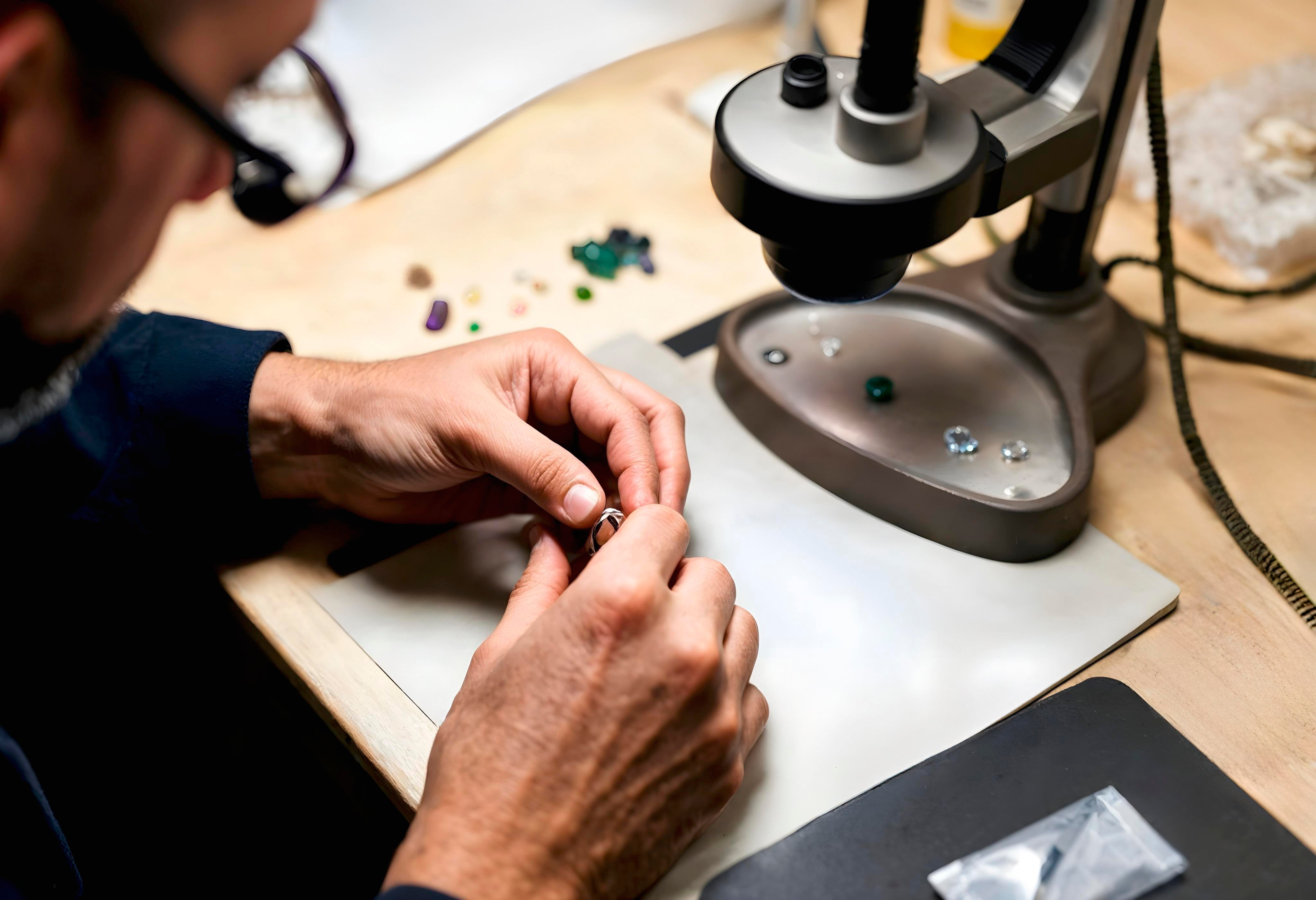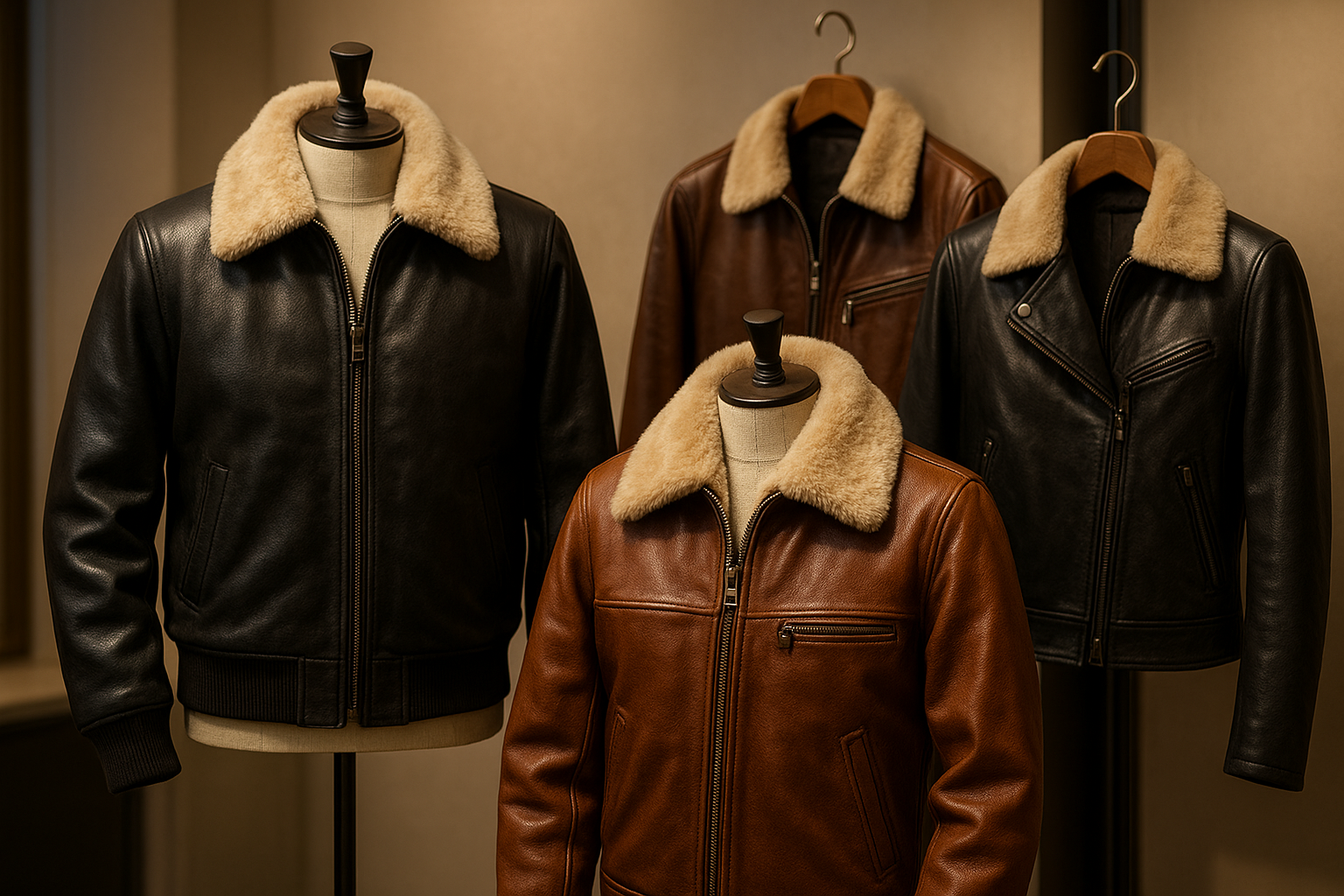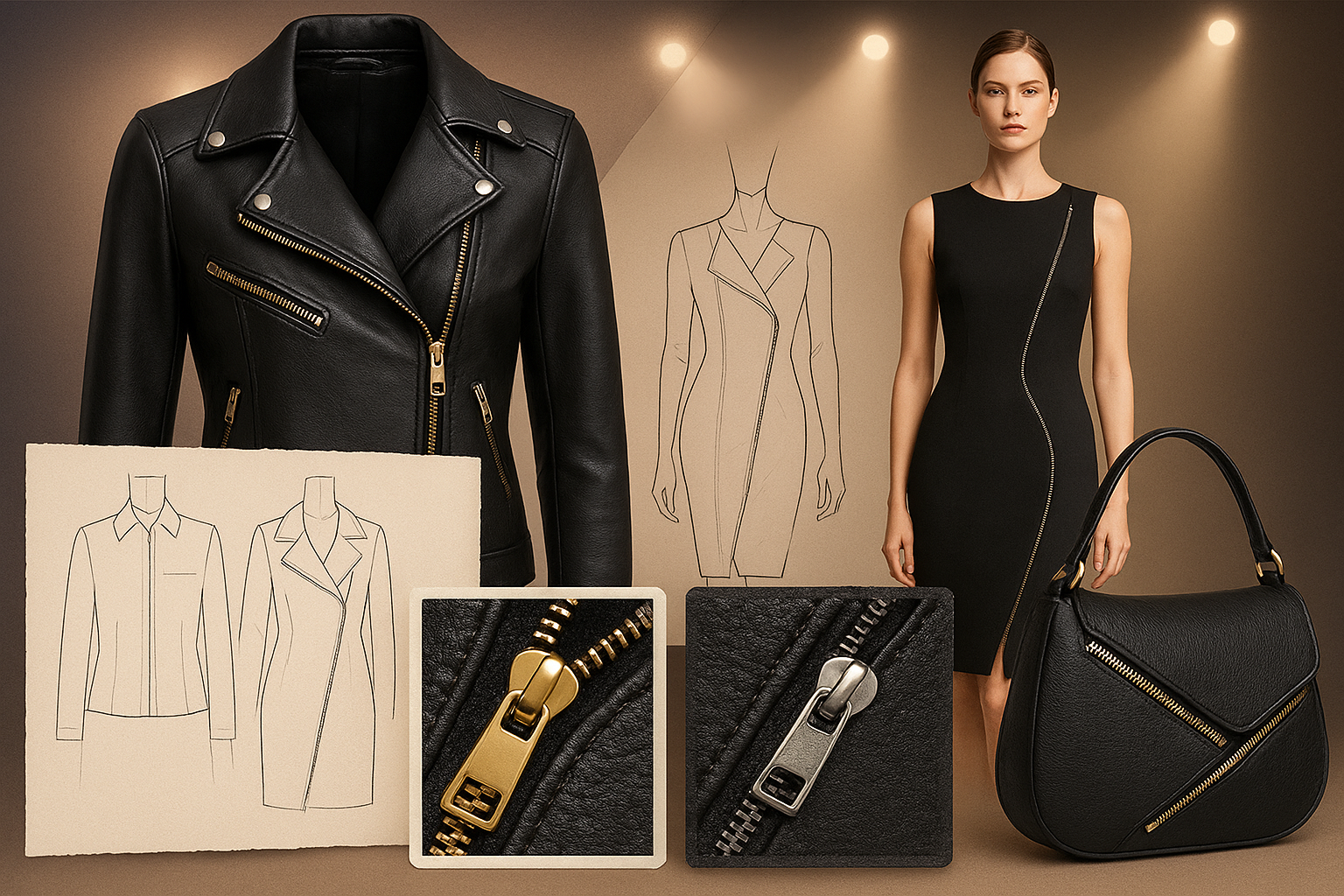Cutting determines the fit and finish of your jacket. Even if your stitching is perfect, a poor cut will ruin the final look.
1. Gather the Right Tools Before You Start
-
Primary tool: Rotary cutter or sharp utility knife
-
Supporting tools: self-healing cutting mat, ruler, French curve, and leather scissors
-
Always keep blades sharp for clean cuts
2. Prepare Your Leather for Cutting
-
Lay the leather flat
-
Avoid cutting on uneven or folded areas
-
Use chalk or silver pens for marking without staining
3. Cutting Techniques for Beginners
-
Straight cuts → use a metal ruler as a guide
-
Curved cuts → use a French curve or pattern template
-
Always cut slowly and steadily, never rush
4. Common Mistakes to Avoid
-
Using dull blades
-
Cutting on the wrong side of the pattern
-
Stretching leather while cutting
-
Not leaving seam allowance
5. Pro Tips for Clean Results
-
Change blades often
-
Do a test cut on scrap leather
-
Use weights instead of pins to hold patterns in place
FAQs: Cutting Leather Like a Pro
1. What’s the best knife for cutting leather?
A rotary cutter or a sharp utility knife works best. For thick hides, use a heavy-duty knife.
2. Can you cut leather with regular scissors?
No, regular scissors may tear the edges. Always use leather shears or a sharp knife.
3. Should I cut leather wet or dry?
Always cut dry leather. Wet leather stretches and will distort your pattern.
4. How do I keep cuts straight?
Use a ruler as a guide and keep steady pressure on the blade.
5. How can beginners practice leather cutting?
Start with scrap pieces before cutting expensive hides to build confidence.












